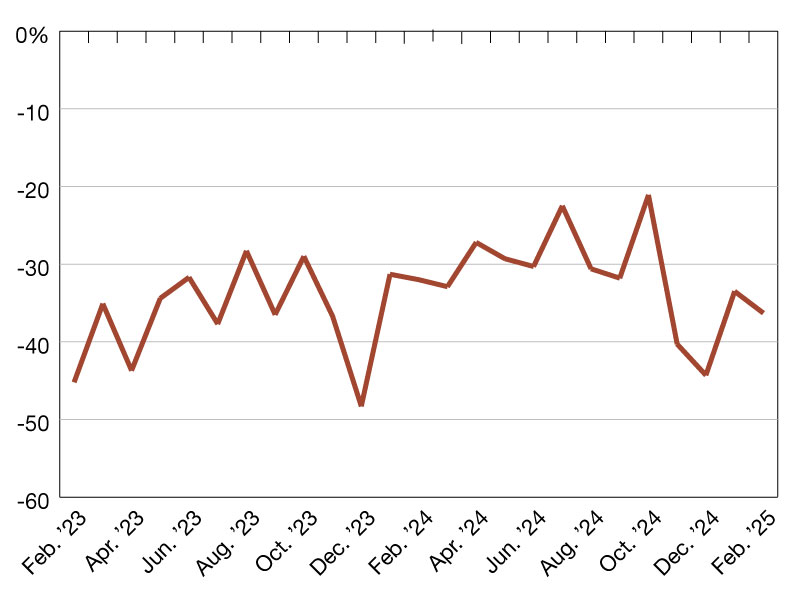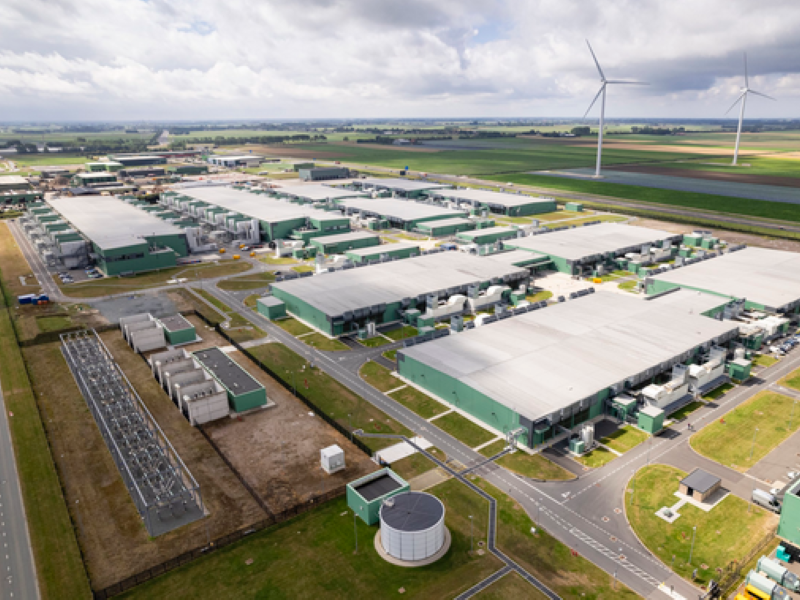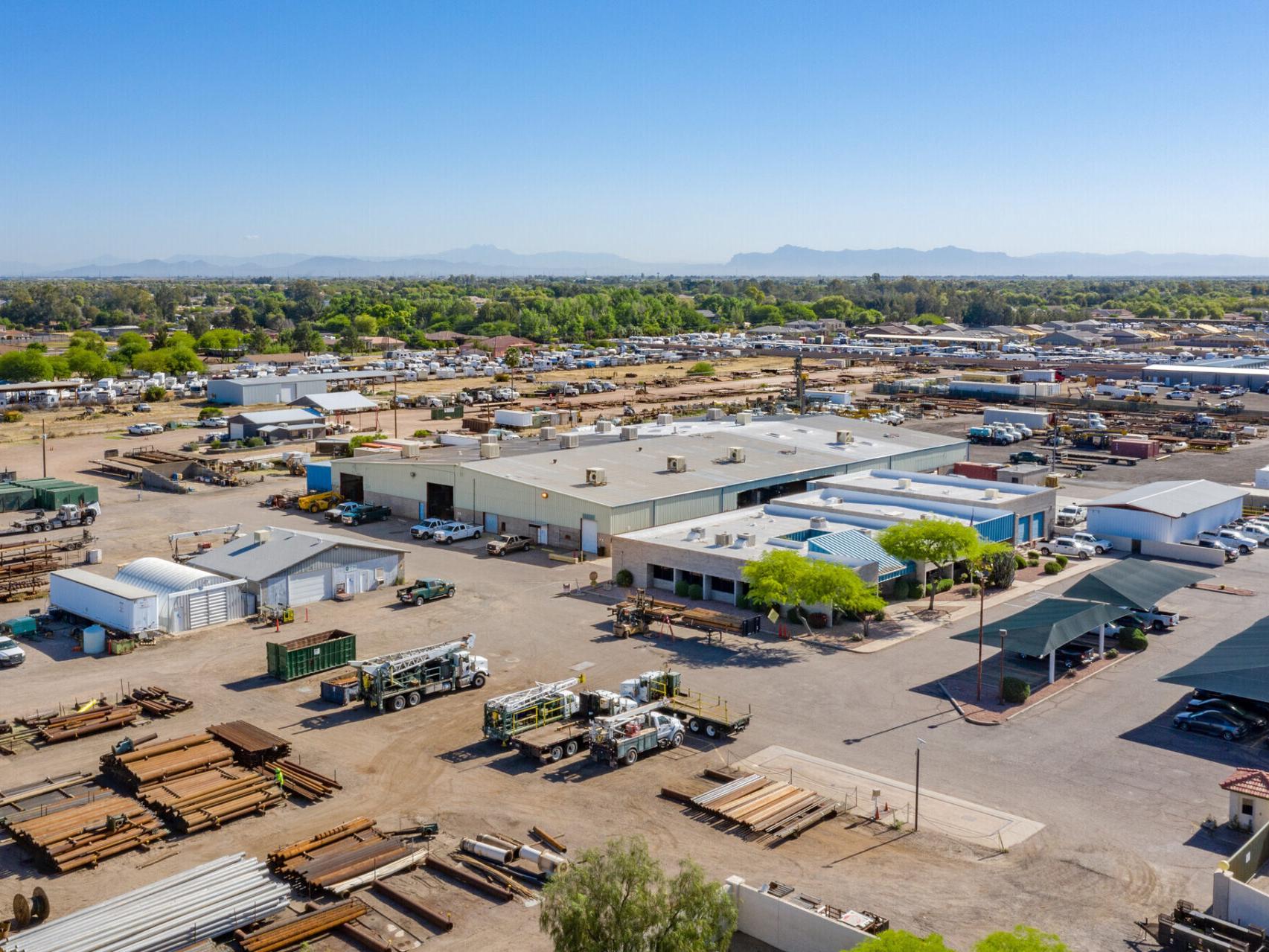Private Buyers Dominate Net Lease QSR Sector
Randy Blankstein, president of net lease advisory firm The Boulder Group, outlines the factors that have attracted investors to the quick-service restaurant segment.
By Randy Blankstein

Randy Blankstein,
Cap rates in the net lease quick service restaurant (QSR) sector declined to 5.50 percent in the second quarter of 2018 representing a 6 basis point decline when compared to the prior year. Cap rates for corporate-leased QSR properties decreased by 11 basis points to a 5.24 percent cap rate, while QSR properties leased to franchisees declined by 4 basis points to a 5.71 percent cap rate. The QSR sector continues to be a popular trade target for 1031 investors as it is e-commerce resistant. Investors gravitate to the QSR market as it offers lower price point properties that typically exhibit scheduled rental increases throughout the lease duration. Furthermore, the vast majority of QSR tenants provide transparency into store operations via store sales reporting or property level profit and loss statements which can be appealing to investors.
In the QSR sector, the majority of the properties are leased to franchisees rather than corporate entities which is unlike other sub-sectors within the net lease market. As lease guarantors can range from franchisees with less than ten locations to large franchisees with hundreds of locations, cap rates for these properties can vary. The perceived benefit of a corporately guaranteed QSR property typically generates greater demand. Accordingly, corporate backed properties were priced at a 47 basis-point premium over franchisee backed properties.
The private and 1031 investor continues to be the primary buyer of QSR properties. In the first half of 2018, private buyers accounted for more than 75 percent of QSR properties sold. This percentage is even higher (86 percent) if portfolio sales are excluded. As demand continues among the private buyer group, transactions continue to occur at a fast pace. In the first half of 2018, the number of QSR transactions outpaced the prior year by more than 10 percent and accounted for more than $1 billion.
The single tenant net lease QSR sector will continue to garner significant investor demand as many investors have shifted focus to assets that are service-oriented and e-commerce resistant. The lower price points and rental escalations affiliated with this asset type will continue to attract private and 1031 exchange investors to this subsector. REITs and institutional investors will continue to seek larger portfolios of QSR properties via sale-leaseback transactions, rather than one-off transactions to obtain economies of scale.







You must be logged in to post a comment.